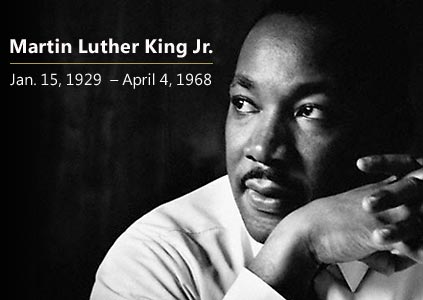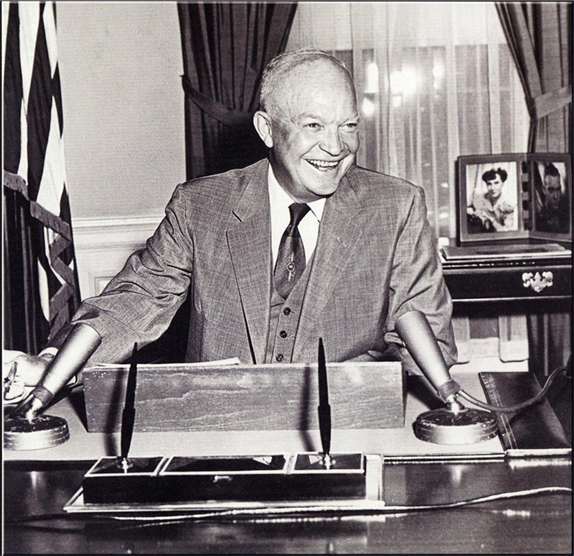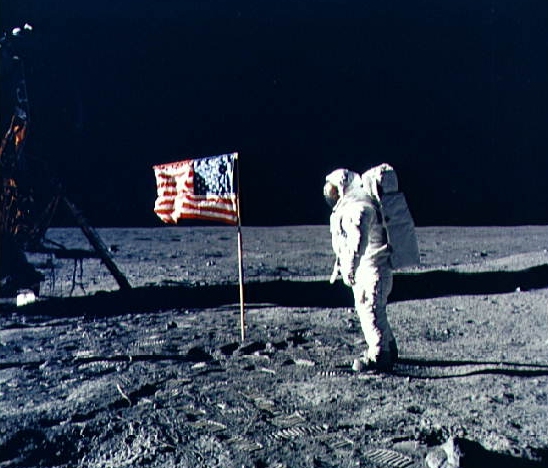
A woman named Rosa Louise McCauley Parks was born on February 4, 1913 and passed out on October 24, 2005 at age 92. She was an African American Civil Rights activist. Later Congress called Rosa Parks the "Mother of the Modern-Day Civil Rights Movement." On December 1 1955 when Rosa Parks was 42, she refused to obey the bus driver. James Blake (who was the bus driver) ordered her to give up her seat to make room for a white passanger. She said no, I will not give up my seat. For the action she did, it was an important symbol of the modern civil rights movement and Rosa Parks became an international icon of resistance to racial segregation. Later on Rosa Parks at organized with civil rights leaders, including boycott leader Martin Luther King Jr., helping to launch him to national prominance in the civil rights movement.
After the arrest of Rosa Parks, black people of Montgomery and sympathizers of other races organized and promoted a boycott of the city bus line that lasted 381 days. Dr. Martin Luther King, Jr. was appointed the spokesperson for the Bus Boycott and taught nonviolence to all participants. Contingent with the protest in Montgomery, others took shape throughout the south and the country. They took form as sit-ins, eat-ins, swim-ins, and similar causes. Thousands of courageous people joined the "protest" to demand equal rights for all people.




 Martin Luther King Jr. Jan 16,1929 - April 4,1968
Martin Luther King Jr. Jan 16,1929 - April 4,1968










